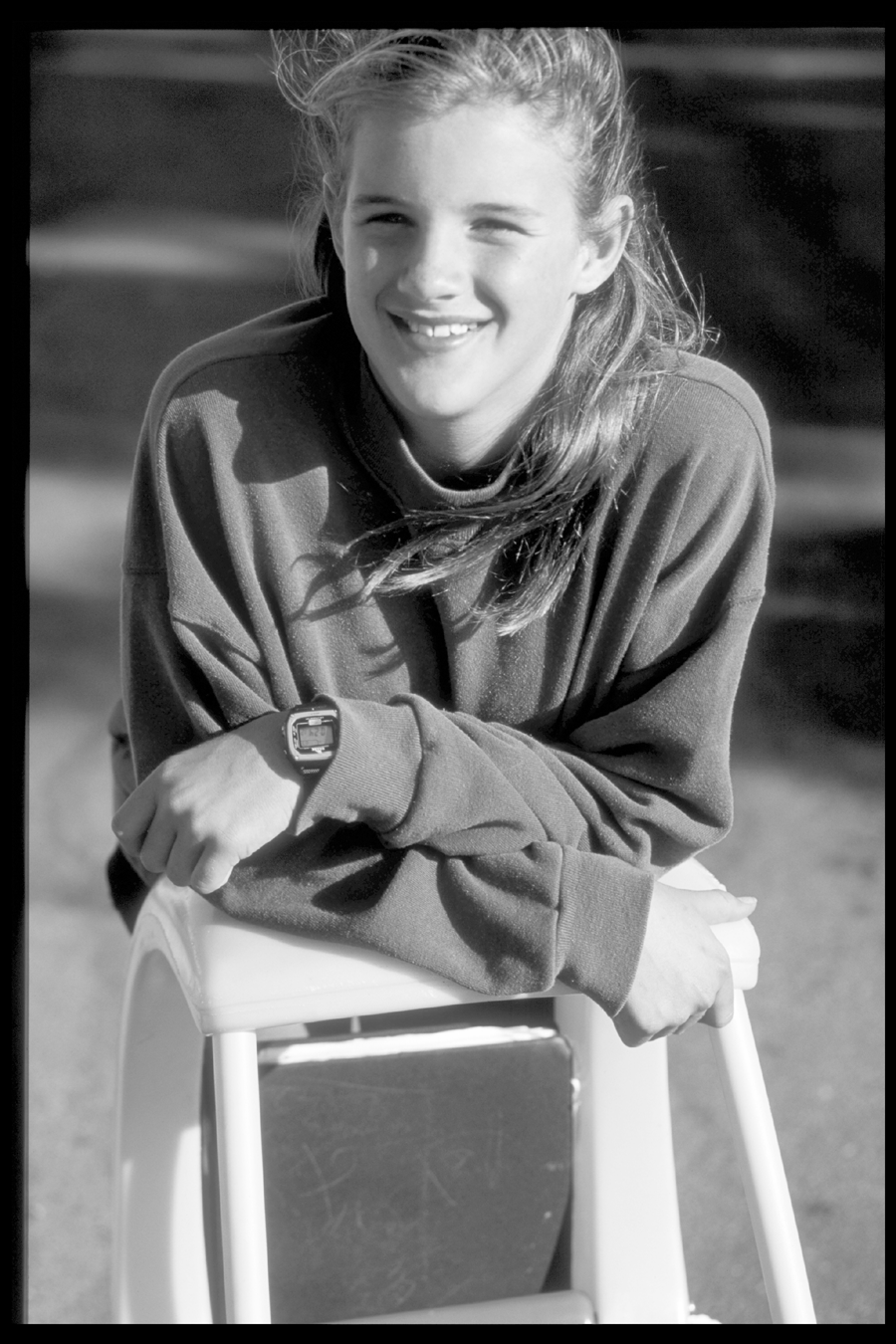Services
Admissions
Interdisciplinary Approach
Clinical
Residential
Education
Evaluation Unit
Admissions JLG-RICA offers day and residential treatment to children and adolescents.
To be admitted to the day treatment program, students must be residents of Montgomery County and be referred to JLG-RICA through Montgomery County Public Schools.
The residential program assists students throughout the entire State of Maryland. Referring agencies may include the child’s school system, Juvenile Services, the Department of Health and Human Services, or the Local Coordinating Council.
Students and their parents/guardians attend a screening interview with a Clinical Team Leader to determine if JLG-RICA can meet their emotional and educational needs. This meeting gives the students and their families an opportunity to ask questions about the program. Clinical Team Leaders also give students and their families a tour of the entire facility.
Parents and guardians are free to call JLG-RICA’s Admission Coordinator at (301) 251-6871 for information about our facility. Interdisciplinary Approach
 An Interdisciplinary Approach
An Interdisciplinary Approach
An interdisciplinary approach is the foundation of the program at JLG-RICA. The residential, clinical, and educational programs are integrated through the team concept and the coordination of the Individual Treatment Plan (ITP) and the Individualized Educational Plan (IEP). A treatment team consisting of residential, clinical, medical, and school staff is assigned to each day and residential student for diagnostic evaluations, ongoing consultation, and medication management as appropriate. Additionally, each residential student has access to JLG-RICA’s pediatrician (who has also completed a fellowship in adolescent medicine) for his/her primary care needs. The treatment team develops, implements, and monitors the student’s total program. Clinical
The clinical component consists of Psychologists and Clinical Social Workers.

Students are involved in therapy at least weekly; a higher frequency may be determined by individual needs. Individual therapy provides the child with the opportunity to discuss and work on the personal problem he/she may be experiencing. Insight, cognitive, behavioral, supportive, problem-solving, and play therapy techniques are among the many employed to help the individual cope more effectively with his/her particular problems. All students’ families are expected to be involved in family therapy. Therapists are available to see families during evening and/or day hours. In addition, art, music, and movement therapies are available to students who can benefit more from a non-verbal expressive approach.
Residential
Residential:
 The residential component of JLG-RICA's program provides a structured and consistent therapeutic milieu where positive behavioral changes are encouraged and fostered. This therapeutic environment is characterized as safe, nurturing, supportive, and goal oriented. Individual and group activities, structure, special programs, and the physical environment are styled to fit the youths' ever changing developmental and emotional needs. The residential component of JLG-RICA's program provides a structured and consistent therapeutic milieu where positive behavioral changes are encouraged and fostered. This therapeutic environment is characterized as safe, nurturing, supportive, and goal oriented. Individual and group activities, structure, special programs, and the physical environment are styled to fit the youths' ever changing developmental and emotional needs.
The residential program provides a 24-hour, 7-day-a-week therapeutic environment for middle and high school students who are unable to function in the community or at school without intensive intervention. Within the residential program, professional staff foster personal and social growth, independent living skills, and group cohesiveness based on each student's developmental level. Each unit treats eight students who, except on the evaluation unit, are assigned by gender and developmental level.
Transitional planning is an important consideration for every residential student. The child's eventual return to the home, community, or other less-restrictive setting is an integral goal of treatment from the first day of admission to the residential program.
Education
 A comprehensive educational program is provided by the Montgomery County Public School, (MCPS) System to students in JLG-RICA. The educational program is determined by each student's Individual Education Plan, (IEP), in conjunction with the MCPS curriculum for elementary, middle, and high schools. Instruction is provided in a highly structured classroom setting which includes a rigorous behavioral management system. In addition to academic studies, comprehensive career preparation and vocational career awareness opportunities are available to prepare students for transitions and school graduation. A comprehensive educational program is provided by the Montgomery County Public School, (MCPS) System to students in JLG-RICA. The educational program is determined by each student's Individual Education Plan, (IEP), in conjunction with the MCPS curriculum for elementary, middle, and high schools. Instruction is provided in a highly structured classroom setting which includes a rigorous behavioral management system. In addition to academic studies, comprehensive career preparation and vocational career awareness opportunities are available to prepare students for transitions and school graduation.
Mainstreaming is a primary goal of JLG-RICA's program. Mainstreaming prepares students for re-entry into their home schools, vocational programs, college, or other areas of continuing education. An interdisciplinary team of staff work cooperatively to ensure a smooth transition for students’ re-entry into their home schools.
For more information go to our website
http://www.montgomeryschoolsmd.org/schools/rica/
Evaluation Unit
Evaluation Unit:
This is a special eight-bed unit for students who have been placed by DJS, DHS, or core service agencythe  at JLG-RICA throughout the State of Maryland. The EU offers psychiatric, educational, and environment therapy, as well as educational and psychological evaluations. All evaluation unit students are assigned to a psychiatrist who prescribes medication and helps with discharge for all students. The average length of stay on the Evaluation Unit is 90 days. At the conclusion of this 90 day stay, a comprehensive report is sent to the referring agencies outlining treatment recommendations. at JLG-RICA throughout the State of Maryland. The EU offers psychiatric, educational, and environment therapy, as well as educational and psychological evaluations. All evaluation unit students are assigned to a psychiatrist who prescribes medication and helps with discharge for all students. The average length of stay on the Evaluation Unit is 90 days. At the conclusion of this 90 day stay, a comprehensive report is sent to the referring agencies outlining treatment recommendations.
| 
